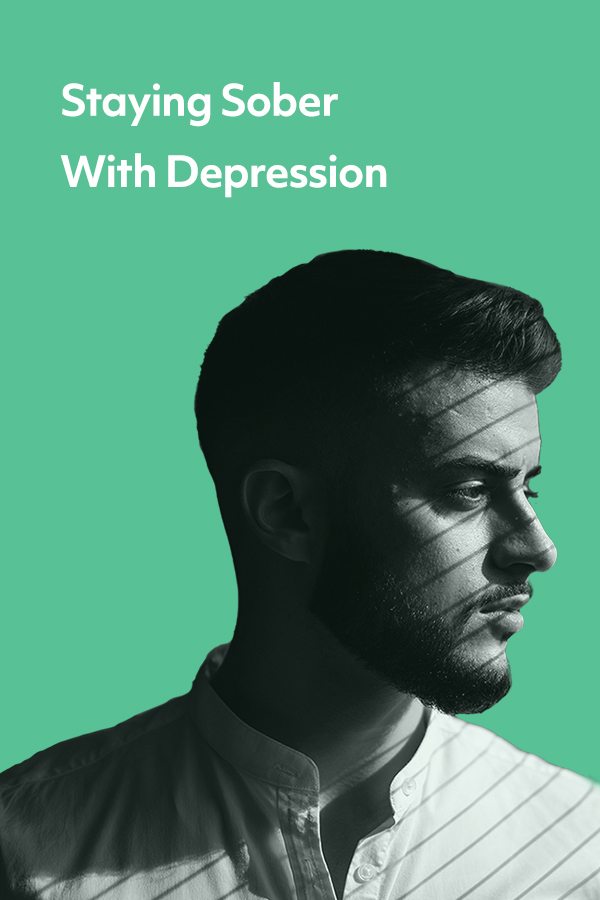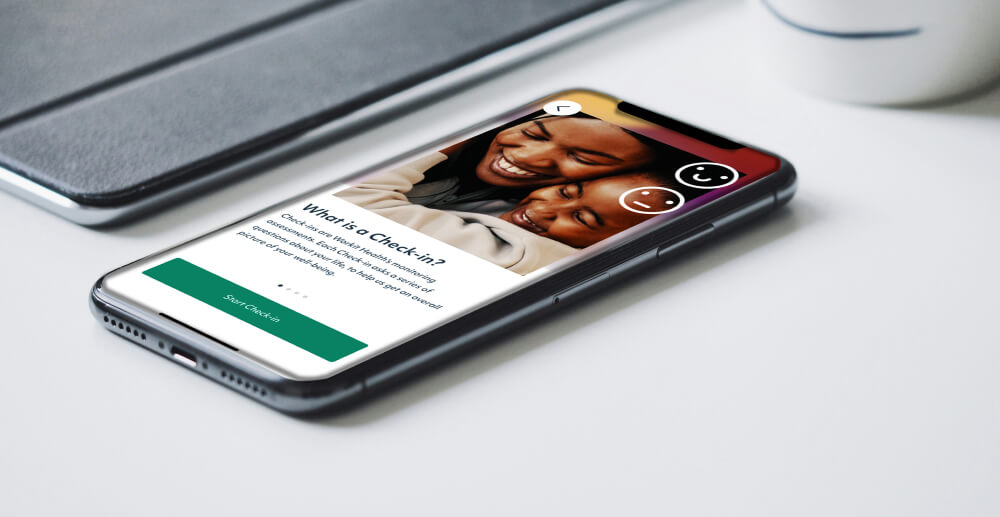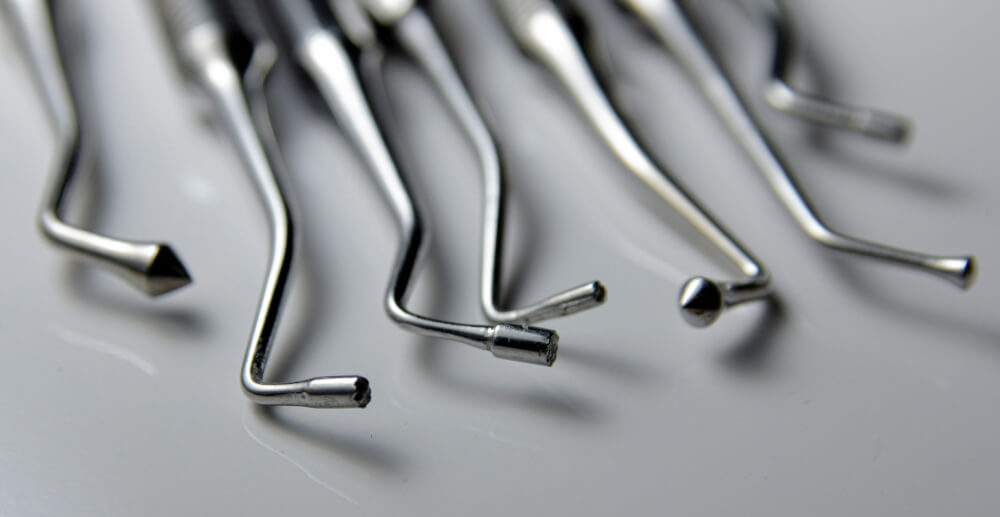Millions of Americans have depression along with substance use disorders. With help and perseverance, they can stay sober with depression—and so can you.
17.3 million adult Americans suffered from a major depressive episode in 2017. That’s more than 7% of all adults in the US, and numbers are estimated to have risen sharply since the beginning of 2020. Of that number, nearly one third also have a substance use disorder. This combination is often called a dual diagnosis.
Why does depression co-occur with addiction so often?
There are several reasons why depression co-occurs with substance use disorder so often. First, for many people depression comes first, and they try to manage it by self-medicating with drugs or alcohol instead of getting outside help. Some of these people have been discouraged from seeking professional help by the stigma associated with depression. Some have difficulty accessing mental health care. And others don’t realize that self-medicating can be a problem.
Second, substance use can create and exacerbate depression symptoms. This might seem counterintuitive since we just mentioned self-medicating. How could the very substances people use to feel better make their depression worse? But it’s true. The ways that alcohol and drugs affect brain chemistry can increase depression symptoms.
And third, while recovery will help with healthier behaviors and brain chemistry in the long-term, it’s not unusual for some depression symptoms to occur during withdrawal and early recovery. The discomfort of physical withdrawal symptoms is wearing, and the brain’s reward system needs to reset after being hijacked by substance use.
All this to say, if you are in recovery for alcohol or substance use and you have depression, you’re in good company! And you don’t have to suffer alone. Here are some things you can do to stay sober with depression:
Get help
Depression is treatable for most people. So if you have depression, don’t go it alone—get help. Therapeutic interventions can be lifesaving! For many, treatment includes medication. Treatment can help you get your life back and teach you new coping tools to help you in the future. Don’t let the stigma of mental illness rob you of the treatment you need and deserve. Many practitioners are knowledgeable about both depression and addiction. For example, Workit members receiving medically-assisted treatment for opioids or alcohol though our virtual clinic can also receive treatment for co-occurring disorders like depression. Workit clinicians prescribe medications to treat depression, and our counselors provide therapy, guidance, and support to help you heal.
Because depression often fuels drinking and substance use, which in turn can worsen depression, it is especially important for people with a dual diagnosis to seek treatment. Those who enter recovery without addressing their depression often struggle with needless pain, and make their recovery mission more difficult.
Get connected
Both depression and substance use disorders can be isolating, but you are not alone! There are so many people on the same journey you’re traveling. Check out our list of addiction resources to see just a few of the organizations, creators, and groups available to you. The mutual support of recovery groups can be a huge help—a source of advice, empathy, understanding, and a listening ear. There are tons of unique groups in the recovery community, so there is sure to be one right for you.
And don’t discount your own personal relationships. The connections we have with other people provide both emotional support and concrete help when we need assistance. Reach out to friends, family, and loved ones.
It may sound silly, but another important source of emotional connection can be your pet. If you have an animal companion, spend some quality time with them, strengthening your bond and taking care of their needs.
Get active
Exercise is not a magic cure-all that will make your depression and addiction disappear. But it is hugely beneficial for your physical and mental health, and can assist in your recovery from both conditions. Exercising releases feel-good neurochemicals in your brain. Releasing those neurochemicals naturally helps your brain heal from the artificial chemical surges that substance use created.
Exercise also promotes physical wellness. There are a wide range of activities you can pursue, so don’t feel locked in to one particular form of exercise. If you don’t like running, try swimming. Or biking, hiking, karate, dancing, rowing … the possibilities are endless. If you don’t have the energy or endurance for an intense workout, a walk in the open air can elevate your mood and support your physical health.
Get on track
Depression is a thief of your energy and motivation. In active addiction, your attention is often dominated by acquiring and using the alcohol or drugs you crave. The combination of these two conditions often makes it difficult to create and maintain any routine, much less a positive, healthy one. Now in recovery, a routine is not only possible, but can be a vital help in developing new habits that support your health—mental, physical, and spiritual.
Building and maintaining a routine will give structure to your day and help you stay sober with depression. In those times when you used to drink or use, your new routine can provide direction that steers you in a safer direction. And with time and repetition, your recovery routine can help you build new habits that support the life you want to live. A therapist, coach, or sponsor may have suggestions to help you create your routine. Olivia Pennelle also included a sample of her own in an article she shared with us.
Get real
Be honest with yourself about what you’re feeling. Early recovery can suck. Withdrawal symptoms can range from uncomfortable through dangerous. And even if you’re not dealing with withdrawal symptoms, your brain is relearning how to experience the normal range of human emotions and sensations again. When you feel bad, it’s healthy to acknowledge that. But it’s also important to remember that it is temporary.
In time, your brain and body can heal from substance use, and your depression can be treated. Don’t fall for the lie that you’ll feel bad forever! And don’t believe the myth that you must feel perfect and amazing now that you’re in recovery. Instead, accept the truth that things may be tough, but you can get through them!
Get chill
No one is entirely free from stress, but you can reduce yours and learn tools to cope with it. One way is by learning to identify and navigate your addiction triggers. This will both lower your stress and help to safeguard your recovery.
You can also practice meditation and mindfulness. Research shows that meditation is valuable for physical, mental, and emotional health. It can help you to calm your mind and to process your emotions. If you have trouble meditating while sitting still, there are lots of options for meditation in motion.
We know that dealing with depression and recovering from addiction can feel like a pretty overwhelming quest. But millions of people are on the same journey, and there are things you can do to make it easier. With help and perseverance, you can stay sober with depression!









